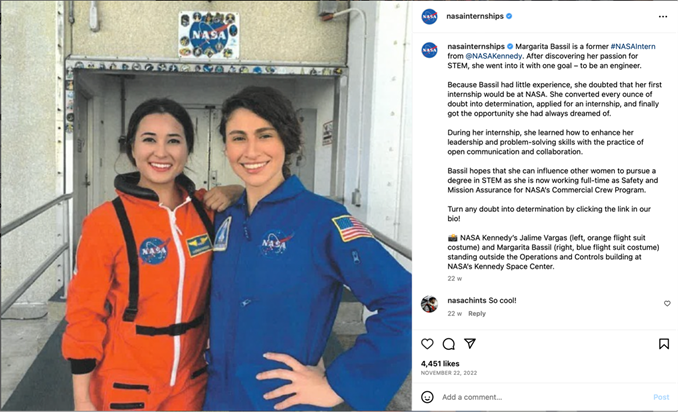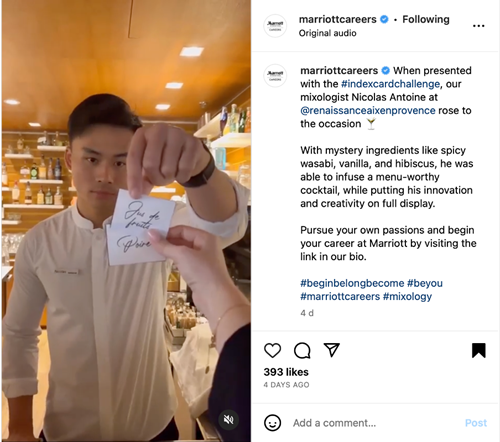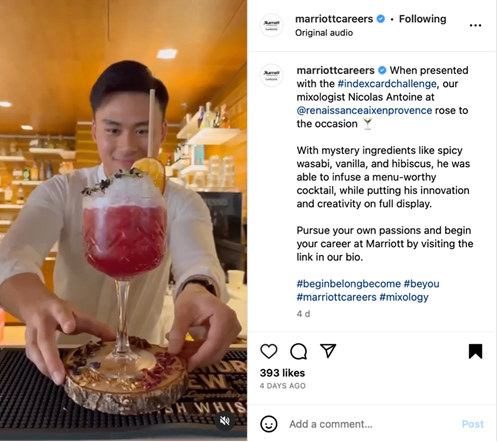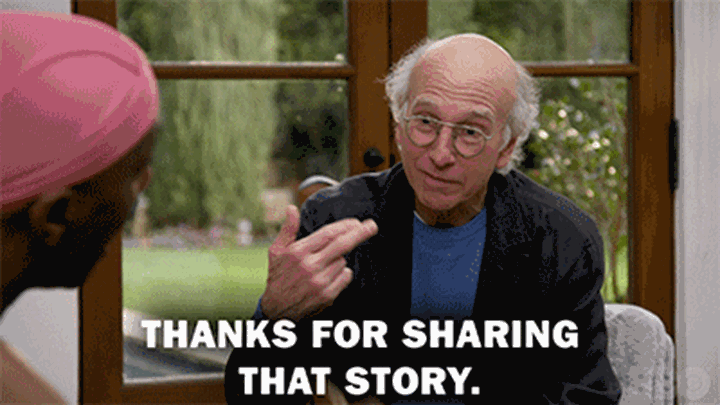How to Tell an Awesome Employer Brand Story (with Examples)
2 min read.
Did you know that stories are up to 22 times more memorable than standalone facts?
Which means sharing aspects of your values and culture through storytelling is an invaluable way to connect with your talent audience.
But when it comes to digging for that sweet story gold, it can be hard to know where to start, especially if you have never particularly considered yourself a writer and the "once upon a time" openers aren't cutting it.
The good news is you don't have to be Stephen King to spin a gripping tale if you understand a few basic narrative principles.
Here are three examples of great employer brand storytelling that put some of these principles into practice.
What works for one brand may not work for yours, but if the thought of telling employee stories leaves you tongue-tied, a little inspiration never hurt.
NASA (The Journey)
It's no secret that NASA has a great employer brand. Employee satisfaction levels are sky-high (pun intended) and every year it attracts thousands of eager scientists and would-be astronauts from diverse backgrounds.
It seems NASA has also cracked the formula for great storytelling on its internship Instagram feed, which shows how its interns have come along in giant leaps (sorry.)
Take a look.

As an intern turned full-time employee, Margarita Bassil is the ultimate inspiration for applicants, and a story like hers is well worth telling.
To do so, NASA uses a neat framework, almost like a condensed version of the Hero's Journey. We can break the anatomy down into three simple parts.
Inciting incident: Bassil discovers her passion for engineering.
Challenge: She lacks confidence and experience.
Resolution: By converting doubt into determination, she secures not only an internship with NASA, but a full-time position.
Plus, what wannabe-intern wouldn't be inspired by a photo of Bassil in a blue flight costume? It's a strong visual reminder of what is possible for them, if they only click 'Apply.'

NASA use an almost identical framework to tell the story of Wendy Yang.
Inciting incident: Yang feels inspired by space imagery on NASA TV while channel-flicking.
Challenge: She has self-doubt as a non-English speaking immigrant.
Resolution: After encouragement from her professor, she secures the internship of her dreams.
It's simple, but super effective.
Actionable takeaway: Take your readers on a journey in three simple steps.
Marriott (The Challenge)
We love the creativity of Marriott's game-like approach to storytelling.
In this video, a mixologist is presented with a challenge: to create a bespoke cocktail from randomly selected ingredients. We are taken on a journey from start (mixologist chooses the ingredients from index cards) to finish (he proudly displays the new creation.)
Before...

After...

The challenge setup of this post piques your interest and delivers a satisfying transformation, all while demonstrating Marriott's culture of play and innovation.
As this post shows, there are more ways than one to tell a story about company culture but if you need more inspiration, this TikTok from Grammarly has a similar feel.
Actionable takeaway: When showcasing culture, throw a fun challenge or framing device into the mix and see what shakes out.
Eleven Peppers (The Proof)
What if your company doesn’t have the widespread appeal of a NASA or a luxury hotel chain? Can you still tell great stories?
Absolutely.
Let’s look at an example from a much smaller company, Eleven Peppers Studio. This design agency based in Maryland has a strong set of values around supporting working parents, which comes to life in this Youtube clip.
Eleven Peppers proves that providing compassionate flexible arrangements and work-life balance for parents is not merely an aspiration, but a reality within the company - something they are taking genuine and tangible steps to address.
Actionable takeaway: Consider your company values. What concrete steps has your organisation taken to prove that these things are important to it? Turn that into content.
So there you have it, three examples of storytelling in action that will free you from the dreaded blank page and blinking cursor, no 'once upon a time' necessary.
Happy writing!



